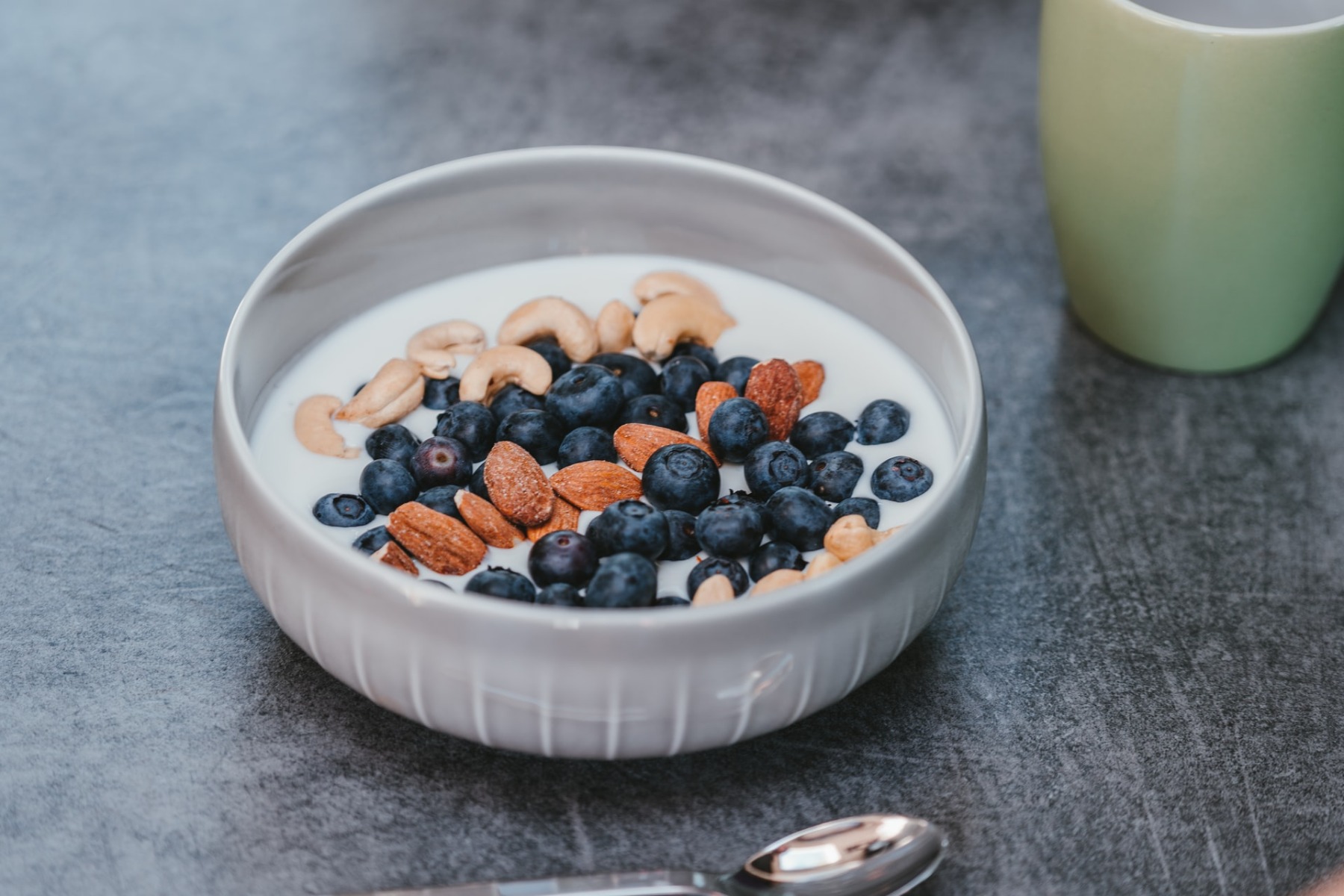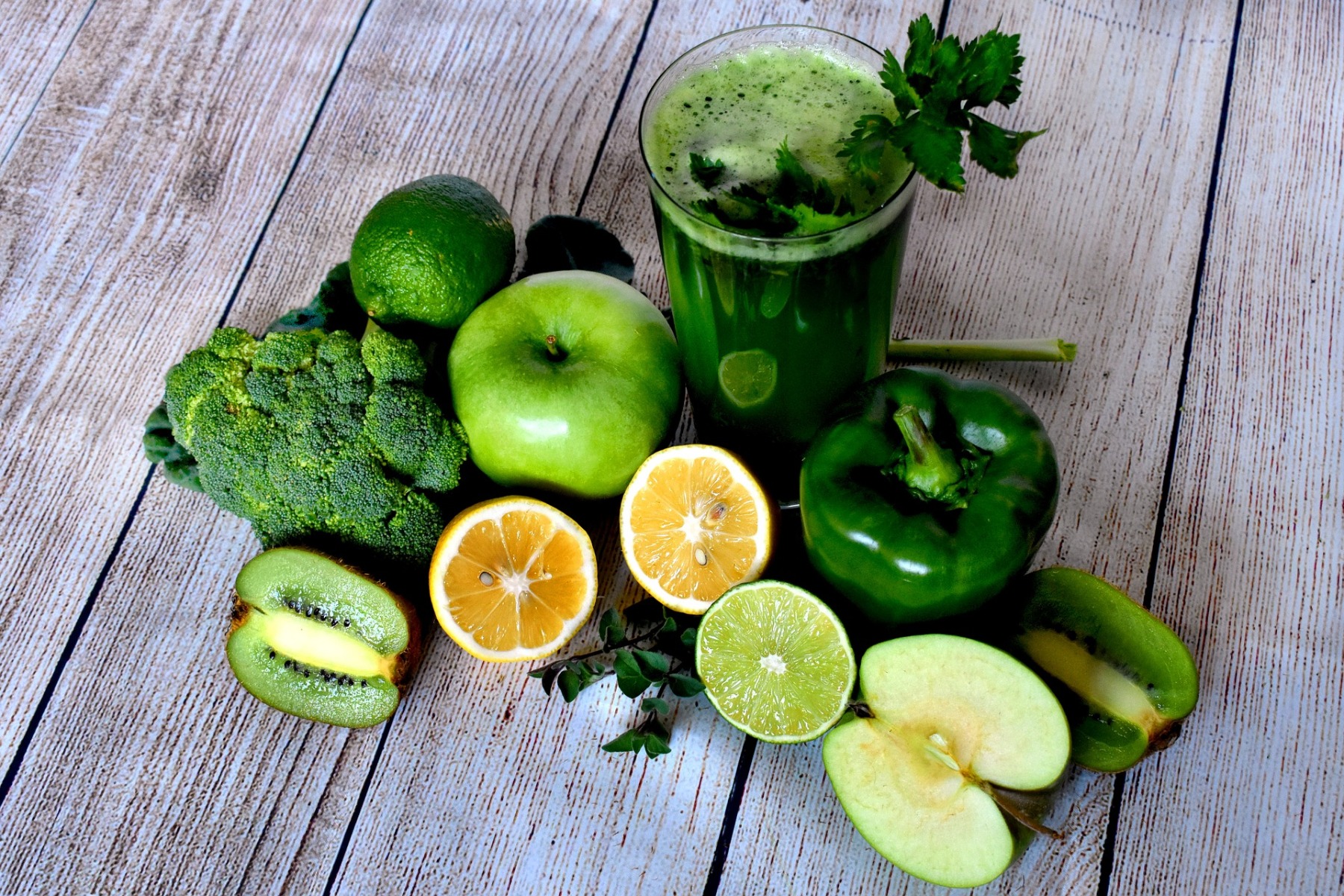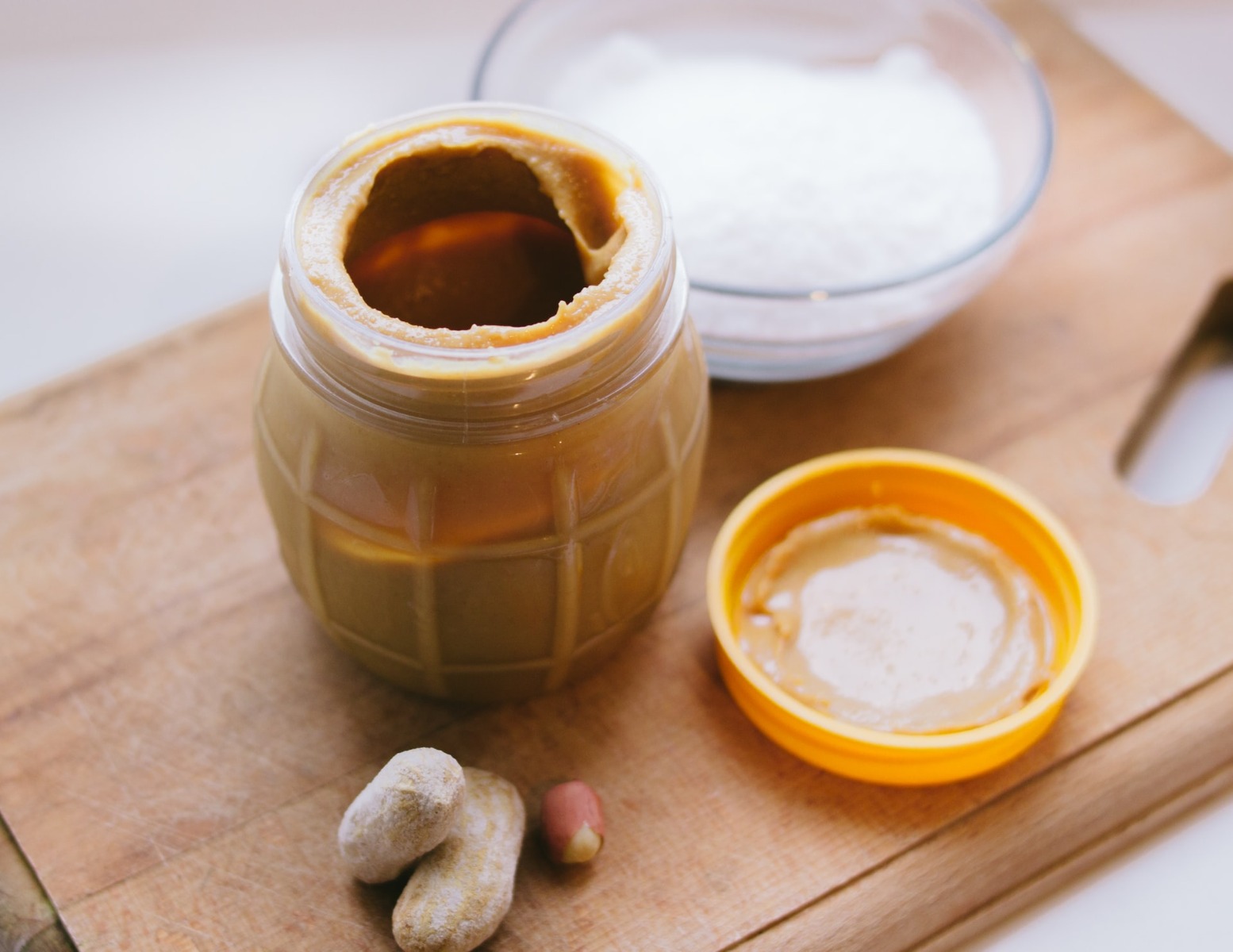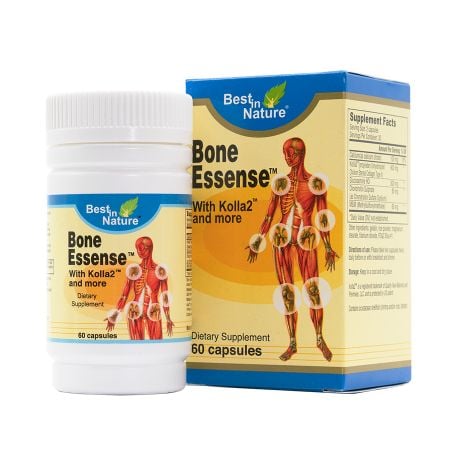
Reviewed and Updated: September 4th, 2025
Hippocrates stated, “Let food be thy medicine, and medicine be thy food.”
Building healthy bones and joints is crucial at all stages of life. Our bones are what give our bodies structure. Without them, we’d be giant bags of jelly.
Bone density, a measurement of calcium and other minerals in your bones, reduces as we age from calcium and other minerals depleting over time. Sure, vitamins and supplements help prevent the loss of vitamins and minerals, but the primary way you should get these vitamins and minerals is from the food you eat.
How Can Foods Strengthen Your Bones and Joints?
Fresh foods are packed with vitamins and minerals that our bodies need to stay healthy. We often correlate superfoods, foods known as being dense in many important nutrients, with hot topics like weight loss or the newest fad diet.
But foods affect our bodies and our health in all areas. Health should be looked at from a 360-degree angle.
Certain foods offer different amounts of vitamins and minerals. To know what foods you need to eat to help strengthen your bones and joints, we first have to know what vitamins and minerals are responsible for improving our bone and joint health in the first place.
What to look for in Foods
Vitamin D- Vitamin D is vital for calcium absorption. It also improves energy levels and muscle fatigue. To avoid vitamin D deficiency, adults under 50 should consume about 200 international units of vitamin D a day. Adults over 50 should consume about 600 to 800 international units of vitamin D a day. This is especially important in winter when we don't get as much sun exposure.
Calcium- Calcium is a mineral and primary building block of our bones along with collagen. Adults under 50 should consume about 1,000 milligrams of calcium a day.Adults over 50 should consume about 1,000 mg of calcium a day for men and 1,200mg of calcium a day for women.

[RELATED: Calcium Carbonate vs Calcium Citrate: Which Calcium Supplement Is Right For You?]
Protein- About 50% of bone consists of protein. You must be consuming enough in your diet so long as it is paired with fresh vegetables. A low protein intake decreases calcium absorption in the body which puts you at risk for weaker bones. Protein supports bone repair, bone density, and reduces bad outcomes post-fracture. It is recommended for women to consume 46 grams per day of protein and for men to consume 56 grams per day.
Omega 3- Omega 3 fatty acids are believed to protect against bone loss. However, Omega-6 fatty acids and Omega-3 fatty acids for Omega-3s to work to their full effect. A 4:1 ratio of Omega-6 to Omega-3 is a good start.
Vitamin K- Vitamin K helps regulate a protein involved in bone formation called osteocalcin. According to a study performed on several elderly patients, vitamin K may help prevent osteoarthritis, a disease that deteriorates the cartilage found between the bones, however, the research is still limited. It is recommended to consume 90 micrograms per day for women and 120 micrograms per day for men.
Vitamin C- Vitamin C stimulates bone building cells (osteoblasts) and collagen formation. It also provides antioxidant protection against free radicals that can damage bone cells and also enhance calcium absorption, indirectly. The daily recommendation for women is 75 mg per day of vitamin C for women and 90 mg per day for men.
Now that you know what vitamins and minerals are beneficial for your bones and joints, let’s talk about what foods should be on your next shopping list!
List of SuperFoods
Yogurt
Yogurt is traditionally a fermented food made by adding bacteria to milk (don’t worry, it’s good bacteria!). The nutritional content can vary depending on how much sugar and artificial coloring is in the yogurt, and what type of milk was used during the fermentation process.

Generally speaking, one cup of plain yogurt has about 8.5 grams of protein, easily-absorbable calcium as in most dairy products along with casein, which like vitamin d, aids in calcium absorption.
Fatty Fish
Fatty fish like salmon and tuna are excellent sources of vitamin D and are rich in Omega-3 fatty acids. A 6-oz portion of wild-caught salmon equals more than the recommended daily amount of vitamin D. Canned salmon could be better since it usually has small, edible bones within the canned meat providing traces of calcium and other bone-building nutrients.
Leafy Greens
Spinach, kale, and swiss chard are all considered leafy green superfoods and some of the most important foods to eat to protect your bones. What makes them bone-building superfoods? Primarily, their high calcium content along with the presence of vitamin K, which has been shown to help maintain bone density even in those who have osteoporosis. One cup of spinach totals 25% of your recommended daily intake of calcium. A study at PubMed.gov studying dietary and genetic effects on bone health showed that a high intake of green and yellow vegetables showed a positive correlation with bone density. Remember, the darker the leafy green, the better!

[RELATED: 20 Foods That Increase Blood Flow And Circulation Naturally]
Milk
Milk is perhaps the most well-known source of calcium with each cup of skim milk providing 305 mg. When picking up milk, remember that skim milk contains more calcium than whole milk. Since cheese is made primarily of milk, you might be curious about cheese's calcium content. It varies due to the different techniques used, but generally, hard cheeses, like parmesan, have higher doses of calcium than soft cheeses, like brie or camembert.
Nut Butters
When we think of protein, we instantly think of beef and chicken. But other forms of protein exist like tofu, beans, almond butter, or peanut butter. Just two tablespoons of almond butter contain 111 milligrams of calcium. Additionally, an adequate protein intake has been shown to reduce the risk of osteoporosis.
Fruits
Fruits like pomegranates, kiwis, and blueberries are packed with vitamin K. Oranges, blackberries, and figs are high in calcium which also support collagen and bone matrix development. You don’t always have to consume these foods fresh. Dried fruit is an option as well! Start your day off right with a delicious snack and your bones and joints will thank you later.
Lentils and Beans
Lentils and beans help reduce joint inflammation within the body by lowering C-reactive proteins. They also help you feel more full on fewer calories, since they supply protein and fiber, which can help you lose weight. Weight loss is extremely beneficial for our bones and joints since they are not weighed down by extra pounds.
Tofu
A half-cup (about half of a block) of Tofu offers 860 milligrams of calcium. Tofu is a nutrient powerhouse! On top of its high calcium content, it's a great source of plant protein, meaning it's naturally cholesterol-free, unlike animal proteins. Lastly, it contains smaller amounts of iron and potassium. Some don't like tofu (yet) because of its rather neutral flavor often described as a lack of flavor, but that means it can adapt to nearly any dish.
Calcium-fortified foods
Fortified foods are foods that have vitamins and minerals added to the food. Cereal, nut milk like almond, oat, and soy milk, and orange juice are all foods that typically have minerals like calcium and vitamin D added.
Nuts and Seeds
Chia seeds, flax seeds, walnuts, and other varieties of nuts contain tons of protein and Omega-3 fatty acids. There are tons of nuts and seeds available on the market. Try a few recipes and eat the ones you love the most.

[RELATED: Omega-3 Deficiency Symptoms And How To Make Sure You’re Getting Enough]
Bottom Line
Our muscles and bones weaken as we age, so the steps we take today, including the foods we choose are crucial. Building stronger bones is a lifetime journey so it's better to start today and rather than waiting until you're at risk.
So when you decide on your next meal, don’t just think about fat content or calories. Think about how your food affects your body. What vitamins and minerals do you think are in it? How will your food affect you later?
Of course, you can't be perfect every second of every day and we have to treat ourselves sometimes, but just try to eat more mindfully when possible and perhaps work some of these bone-strengthening superfoods into your diet.
Improving the lives of people and the planet is at the center of every product we make. Learn more about our mission here.
This article is provided for informational purposes only and is not intended to be used as medical advice. If you have immediate concerns about your health and digestion, please seek the help of your physician.
*These statements have not been evaluated by the Food and Drug Administration. This product is not intended to diagnose, treat, cure or prevent disease.
© 2025 Best in Nature All rights reserved







Validate your login
Sign In
Create New Account